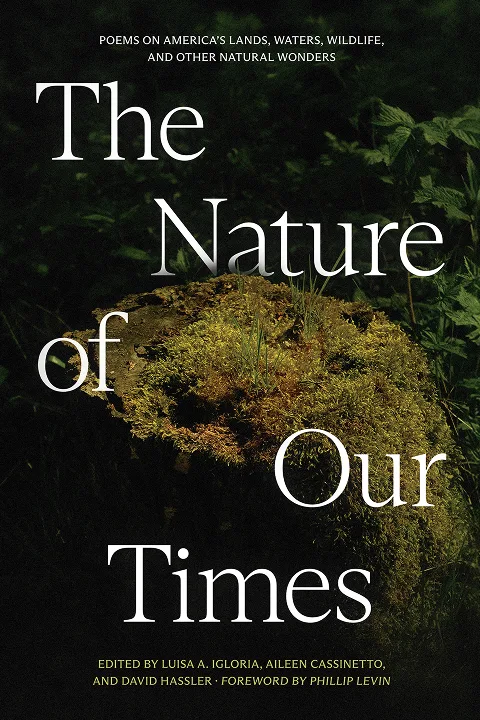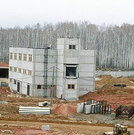
Russian and American nuclear scientists perceived the remarkable similarity of the workings of the Russian Ministry of Atomic Energy and the American Department of Energy. Now, as the opening of secret archives and closed cities has since set loose a flood of historical writing about atomic weapons programs, Kate Brown’s Plutopia offers a comparative study.
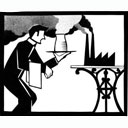
Can an energy system move off carbon-based fuels and nuclear energy at the same time? Will Boisvert argues that the German Energiewende shows why not—with a response from Osha Gray Davidson and a reply by Boisvert.
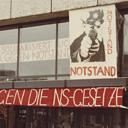
The German new Left was too close to the history it so desperately wanted to negate; it could not develop a sane or truthful relationship to the crimes and the cruelty of the Nazi era. Haunted by visions of the gas chambers, it believed that the only alternatives were the creation of a utopia or the recreation of Auschwitz.
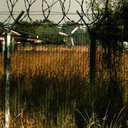
Violence has ebbed and flowed in Darfur for more than ten years now. Now, though the situation is almost totally absent from news coverage, the region teeters on the edge of a complete humanitarian collapse and uncontrollable violence.
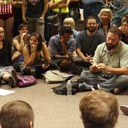
The financial crisis of 2007–2008 inspired a shallow but significant revival of Marxist analysis in academic life. A violent upsurge in theory, however, has corresponded to no particular insurrection in practice. If any radical left tendency has been responsible for inspiring action, the palm should go to Marxism’s historic antagonist on the Left—anarchism.
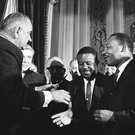
Legal precedent is against the recent Supreme Court decision to gut the Voting Rights Act. There is, however, a grim precedent for the Roberts Court in the Civil Rights Cases of 1883, which also turned the law on its head.

This week in Belabored: insurgent teachers in Newark and Washington, DC, teacher evaluations in New York, benefit cuts in North Carolina, and a settlement between Hyatt and UNITE HERE. Plus special guest Michelle Chen.
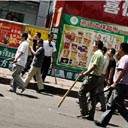
The violence that occurred in Urumqi, capital of the Xinjiang region in western China, on July 5, 2009 was both shocking and predictable. Four years later, what are the prospects for further unrest in Xinjiang?

How can we confront the challenge of climate change, especially when those hit first and hardest by climate change are poorer and more marginalized than those with the power to take large-scale action?

This week in Belabored: fighting hospital closures in Brooklyn, the firing of a dozen Walmart strikers, an end to the New York legal services strike, and a new bill to make managers pay for retaliation. With special guest Rich Yeselson, author of “Fortress Unionism.”

Activists in Philadelphia have responded to an austere “doomsday budget” with civil disobedience, hunger strikes, and community outreach. The crisis has revealed the potential for a city-wide insurgency.

In his much-anticipated speech on climate change, President Obama proposed smart, modest policies that would help decrease greenhouse gas emissions through support for renewable energy development and increased energy efficiency measures, prepare the country for the climate change that is …

Political leaders and the news media have presented the sudden reversing of a thirty-five-year decline in the U.S. production of fossil fuels as a sign of the recovery of the country’s national independence. To others the bonanza threatens not a newfound independence but a deepening dependency.

Richard Hell left behind the idea of self-cultivation as an art form—that discerning judgment constitutes who we are or can be at our best. He also warned of how so much revolt can form a narcissistic prison.

This week on Belabored: a worker takeover of public broadcasting in Greece; the passage of a new law protecting New York child models; McDonald’s forcing debit cards on its employees; and a hunger strike in protest of Philadelphia school cuts and layoffs. With special guest Penny Lewis, author of Hardhats, Hippies, and Hawks.




















